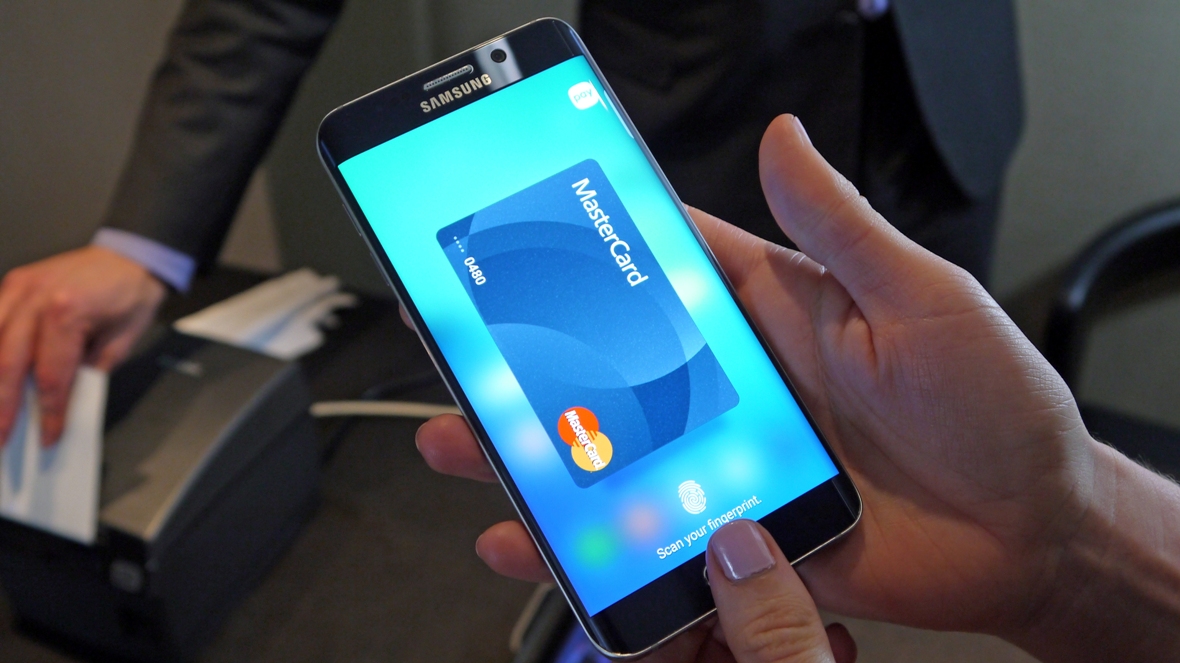Android in 2020: how much could Google's OS change?
Android Rocky Road?
Android messaging in 2020
Google has already made its intentions clear with the Hangouts. With Facebook Messenger, WhatsApp, iMessage, Snapchat, Skype et al to battle against, there's no doubt we'll see Google push further into the universal messaging game, covering SMS, email, instant messaging and video calling with tools that are baked into Android and can be accessed from the web too.
Google has also got a stake in the popular business messaging platform Slack (through its venture capital Google Ventures arm) so has a lot of areas where it can leverage and integrate new features into a unified chat centre.

Don't be surprised if we see a continued drive towards these different communication platforms converging in future versions of Android, where the lines between your contact book, phone app and Hangouts will become increasingly blurred to give you access to the right people you want to talk to on any platform.
The messages will live in the cloud, meaning they can be pushed from an Android phone to Android Wear watch to an Android TV and to a car running Android Auto - it's the same play Apple is making and Google will surely make sure it's got all the elements needed to help you stay connected with your pals even without a phone.
And that connection is something the brand is working hard on too - Google's Project Fi may be limited to Nexus owners in the US for now, but it seems to indicate where Google is heading: the service jumps between Wi-Fi hotspots and cell networks as required, and (like the now defunct Google Voice attempted) uses the cloud as the starting point for calls, texts and other types of communication.
That means a unified messaging system - phone calls, texts, IMs - that is associated with your Google account not your SIM card, and which can be accessed from your browser / TV / car / watch in the same way it's accessed from your smartphone.
That points to a Google plan to sap more power from the networks and claim more control over your messages itself.
Sign up for breaking news, reviews, opinion, top tech deals, and more.
Android payments and security in 2020
Last year mobile payments have really started to come into focus (thanks Apple Pay) but there's a lot more to come in terms of phones replacing cash and verifying our identities (everything from getting through the door at work to logging into Facebook).

The Android phone of 2020 could automatically log you into Gmail when you sit down at your laptop, for example, or pay for your train ride when you step onto a carriage.
Android devices can already unlock Chrome OS instead of a password, so to an extent this technology is already here - but by 2020 it should be almost seamless.
With increasing numbers of devices coming with built in NFC too, we can expect Android Pay to be much more widely accepted, as more merchants get on board - and as more companies build it into their apps. In fact, by 2020 all payment terminals should be contactless payment-enabled, thus making Android Pay a constant part of our lives.
It'll be in our watches as well as our phones - providing Android Wear becomes a more regular device on people's wrists - so don't be surprised if Android Pay is one of the dominant ways to get your goods in a few years' time.
People will want that system to be as secure as possible, and the likelihood is that Android in 2020 is going to be a much more secure place with a multitude of ways to stay safe. Basic face recognition is already available, but in the years to come it has the potential to get much more accurate (and needs to if this is the best it can do).
Fingerprint recognition was finally officially baked into Android Marshmallow, and technology such as iris scanning is now coming into play too, meaning by 2020 it should be almost impossible to replicate someone's login credentials if you're able to nab their phone (and they've not been a fool and left it security free).
But don't go thinking that it will just be faster fingerprint recognition and iris scanning - the Android OS of 2020 is going to make sure it's definitely you. Behavioural biometrics track things that are specific to you only, be it walking gait or handwriting recognition - and Android R could be able to tell it's you just by the way you mash your fingers into the onscreen keyboard. Apparently, that's something that's almost impossible to fake.
It works out how a person interacts with a website, the pressure they put on a screen or how they even hold their phone - and can be used in smartwatches too to make sure a person's identity belongs to who they say they are.
Whatever technology emerges at the front of the pack, the good news is you won't have to worry about your passwords being hacked in 2020 as biometrics should be able to lock down your devices - but make unlocking them seamless too.

Dave is a freelance tech journalist who has been writing about gadgets, apps and the web for more than two decades. Based out of Stockport, England, on TechRadar you'll find him covering news, features and reviews, particularly for phones, tablets and wearables. Working to ensure our breaking news coverage is the best in the business over weekends, David also has bylines at Gizmodo, T3, PopSci and a few other places besides, as well as being many years editing the likes of PC Explorer and The Hardware Handbook.